Frequently Asked Questions about Water with Ultimate Water
The quality of your water has a direct impact on the taste of your beverages, as well as the longevity and efficiency of your equipment, whether it be at your home, restaurant, or other business. Ultimate Water takes a moment to answer frequently asked questions about water.
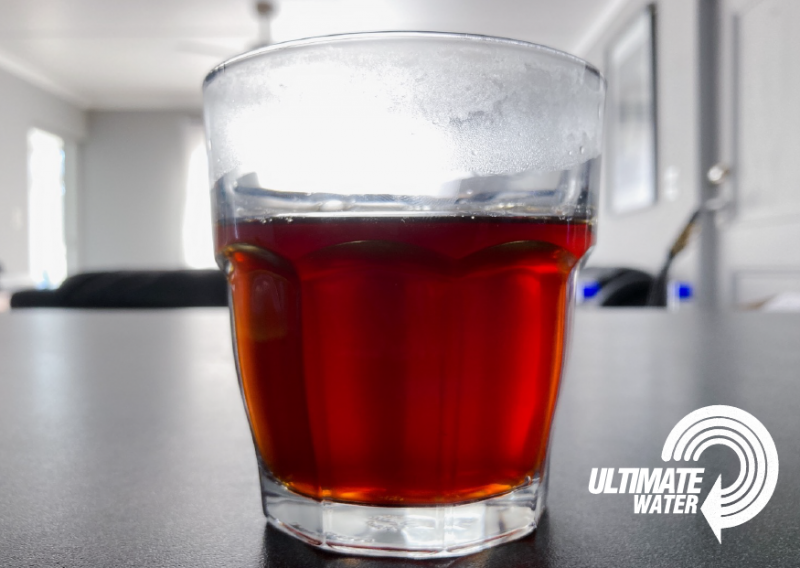
Testing water for your perfect cup of coffee
DID YOU KNOW that water throughout South Africa comes from different water sources and therefore are treated differently?
Municipalities add chemicals (such as chlorine) in the water to ensure water is safe for human consumption, but this does not mean that it’s ideal for coffee and coffee equipment.
The coffee industry has evolved drastically over the last few years and roasters, coffee shop owners and coffee lovers have been made aware of the need for water filtration. Water filtration is always the last thought when considering coffee, since water has been taken for granted for such a long time.
Before you can install a filter, you need to understand what is in your water. Coffee needs certain minerals for the ideal extraction, it’s important to understand what to remove and what to keep in the water.
The Ultimate Water team base their testing around the WBC (World Barista Champ) specs to ensure equal quality water across South Africa.
Here’s some questions we frequently get asked:
Long story short: More people on planet earth with limited sources, water treatment facilities can’t keep up, this is one of the main reasons for the deteriorating water quality.
More chemicals are being added to remove more kinds of contaminates etc. and it stays in circulation for much longer. Some municipalities have to work harder than others to remove unwanted contaminates, sometimes leading to too soft water.
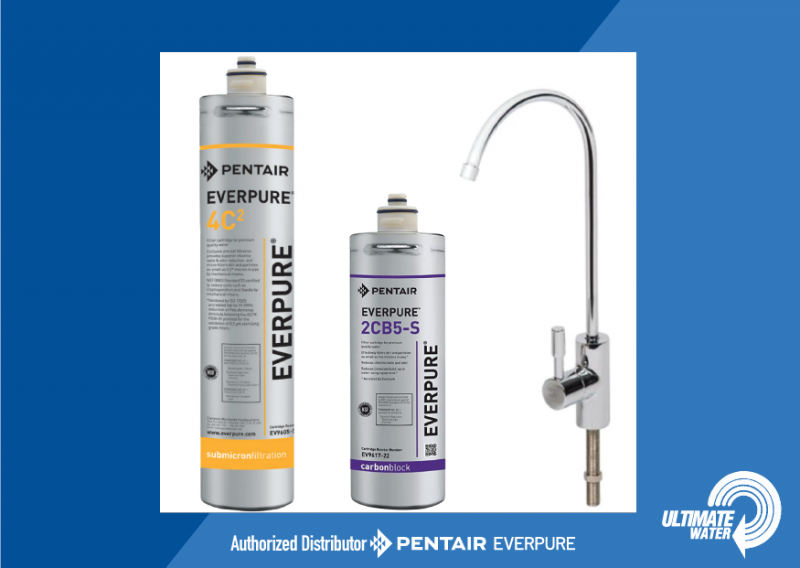
Installing a water filter for drinking water at home or in your office can have multiple benefits:
Scan the QR code for our shop section

2. What exactly is soft water, and is it better than hard water?
Soft water is often the talking point in the coffee community, a lot of coffee experts talk about soft water that’s great for coffee brewing. Soft water refers to a lower mineral count in your water, especially focusing on Calcium & Magnesium. If you look at the WBC (World Barista Champ) water spec, these 2 parameters are combined to form “total hardness”.
WBC spec says the ideal range for total hardness is between 17 – 85 mg/l (or ppm). Where anything higher than 120mg/l will lead to scale formation and over extraction. Hardness less than the WBC spec will lead to under extraction and acidic water.
Be very careful before installing a softener, you could end up causing more damage to your equipment, like this:
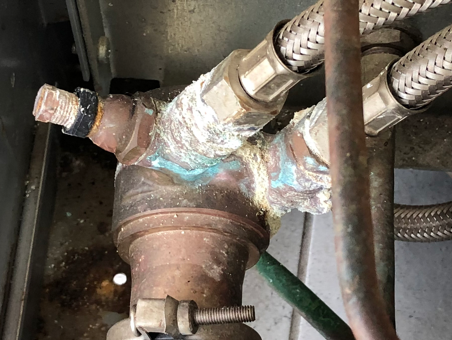
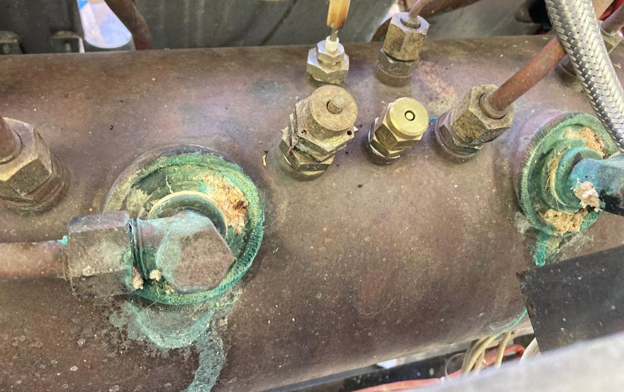
You can read more in depth on this topic on our website’s blog section. (www.ultimatewater.co.za)
Online link: https://ultimatewater.co.za/soft-water-vs-hard-water/
3. What is the WBC (World Barista Champ) Water Spec?
WBC work according to 2 different “ranges”: Ideal and or Acceptable
TDS (Total Dissolved Solids) Ideal spec: 70 – 200ppm (30 – 300ppm Acceptable)
PH Ideal spec: 6.8 – 7.4 (6.5 – 8.5 Acceptable)
Total Hardness Ideal spec: 50 – 150ppm (30 - 200ppm Acceptable)
Alkalinity (Temporary Hardness / Carbonate Hardness) Ideal spec: 40 - 75ppm (40 – 180ppm Acceptable)
TDS - Total dissolved solids (TDS) is a measure of the combined total organic and inorganic substances contained in a liquid
PH - It’s a logarithmic scale ranging from 1 to 14, used to specify the acidity or basicity of an aqueous solution
Total Hardness - The simple definition of water’s total hardness (TH) is the amount of dissolved calcium and magnesium in the water
Alkalinity - The capacity of water to resist changes in pH that would make the water more acidic. It’s also called a “buffer”.
4. Can you use the same filter everywhere across the country?
NO! It’s like saying you can use the same grind setting for all coffee brewing methods and roast profiles. Each region / municipality delivers different quality water, therefor you need to match the correct filter with the content.
We have a water map with data collected and tested over the last few years. This way we can ensure faster turnaround time to recommend the correct filter for your new or existing shop or restaurant.
With this data on hand, we are able to provide you with solutions!
5. Ice filtration – is it really necessary?
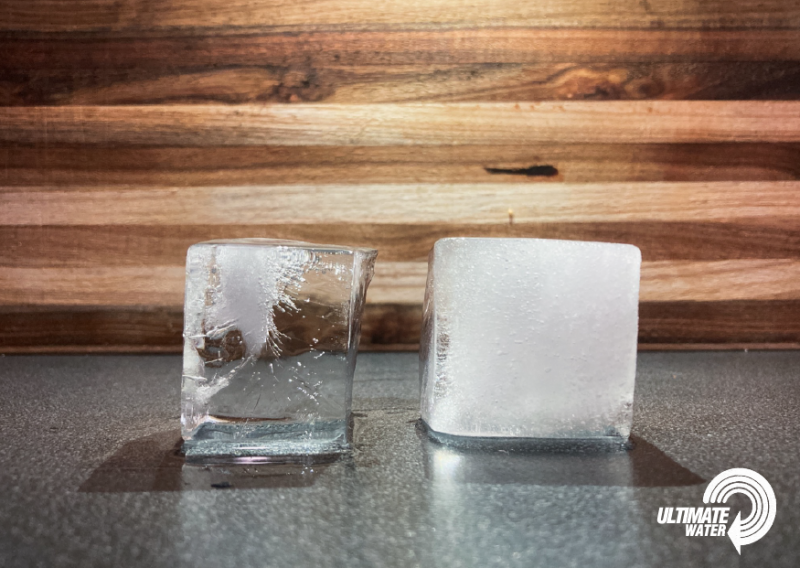
Answer is YES!
When unfiltered water freezes and forms ice, it essentially traps extra oxygen, impurities / contaminates and sediment. Oxygen (air) bubbles, are trapped, combined with all the impurities in the water releases gases as they are frozen, causing your ice to turn white and cloudy. Not only will you taste the chemicals in the ice, but the ice will melt much faster because these gases are trying to escape.
Have you ever had a cold drink or a whiskey / cocktail and after a few minutes the ice has completely melted? That’s the first sign of the restaurant / bar not using filtered water for their ice.
We offer the easiest solution to make sure your ice is crystal clear and last much longer, not impacting your beverage’s taste while also protecting your equipment against scale build up, corrosion and bacteria build up.
DID YOU KNOW - Ice also has a water spec?
TDS: 70 -200 ppm (mg/l)
Ph: 6.8 – 7.4
Total Hardness 17-85 ppm (mg/l)
Alkalinity: Less than 150 ppm (mg/l)
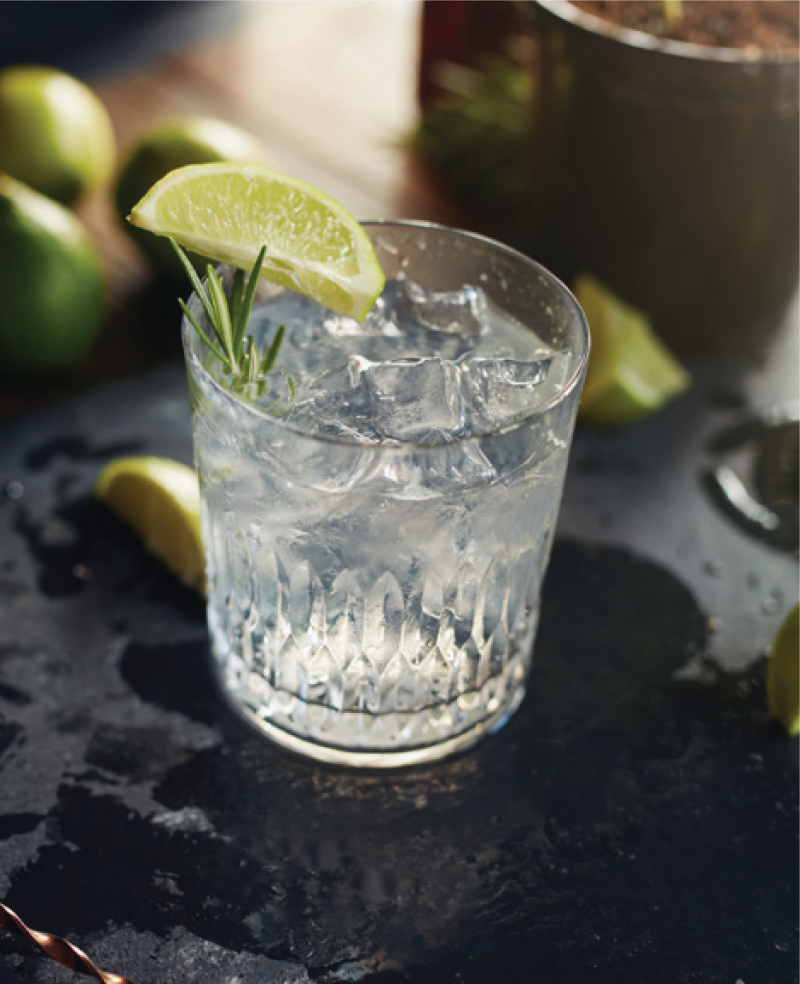
Don’t let your money melt in your glass!
Ice filtration leads to:
6.“Water for steam”? What’s that?
Water for your oven to protect your equipment!
Oven Technologies:
When pure water becomes steam, it releases all contaminants inside the boiler and cooking chamber.
This will also cause either scale build up or corrosion, depending on your water quality. With chlorine present in the water you will in anyway start to see discolouring inside the oven.
DID YOU KNOW - Steam also has a water spec?
TDS: Less than 150 ppm (mg/l)
Ph: 6.5 – 7.8
Total Less than 35 ppm (mg/l)
Alkalinity: Less than 80 ppm (mg/l)
Visit our website for more info or send us a mail with any question you might have!
mail@ultimatewater.co.za
Make sure you are using the ULTIMATE Water for your home and shop!
Find us at Hostex in Johannesburg Stand F4 and at Creative Coffee Week!